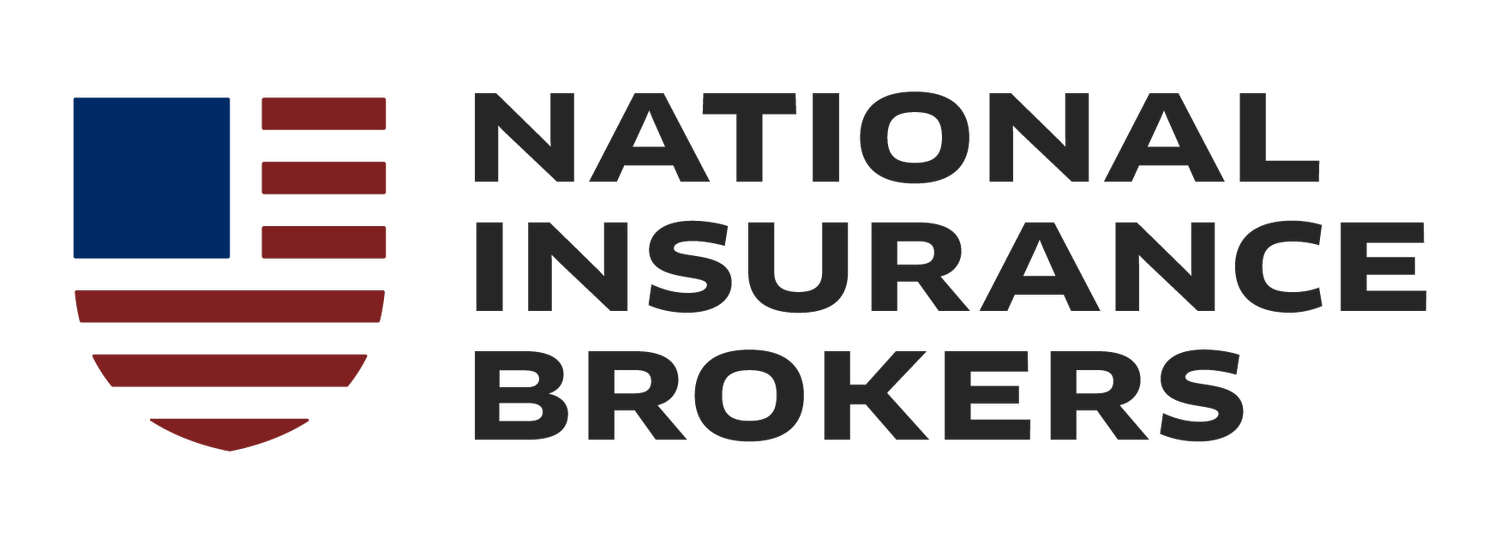Tax Implications of Insurance
Insurance is an essential tool for risk management in both personal and business realms, providing crucial financial protection against various uncertainties. While the primary role of insurance is to offer coverage against potential losses, it's also essential to understand the tax implications that come with different types of insurance policies.
This understanding can influence decisions about insurance coverage, potentially leading to significant tax benefits or obligations. This guide will explore how various insurance types interact with taxes, highlighting critical considerations for individuals and businesses.
Types of Insurance and Their Tax Implications
When considering insurance, it's not just about selecting the right coverage and policy terms; it's also crucial to understand how these decisions affect your tax position. Tax rules and tax treatment of insurance premiums and proceeds vary significantly across different types of insurance, influencing individuals and businesses.
Health Insurance
The tax implications of health insurance are particularly noteworthy. Medical expenses, including insurance premiums, can often be deductible from your taxable income, significantly if they exceed a specific percentage of your adjusted gross income.
For those with employer-sponsored health insurance, these premiums are typically paid with pre-tax dollars, reducing overall taxable income. Health Savings Accounts (HSAs), linked with high-deductible health plans, provide a triple tax advantage: contributions are tax-deductible, earnings grow tax-free, and withdrawals for qualified medical expenses are not taxed.
These features make HSAs an attractive option for managing healthcare costs while saving on taxes.
It's important to note that specific health insurance policies may offer additional tax incentives. For instance, premium payments for long-term care insurance might be eligible for tax deductions, depending on the policyholder's age and the policy's structure.
This aspect underscores the need for individuals to carefully evaluate their health insurance choices in the context of their overall tax planning strategy.
Property and Casualty Insurance
Regarding property and casualty insurance, such as homeowners and auto insurance, the tax implications are generally limited. For personal use, insurance premiums are not typically tax-deductible. However, if part of your home is used for business purposes, you can deduct a portion of your homeowner's insurance.
Similarly, for auto insurance, if the vehicle is used for business, part of the premiums may be deductible. For businesses, property and casualty insurance premiums are often considered a necessary business expense and are usually tax-deductible, offering a way to reduce overall tax liability while protecting the company's assets.
In some scenarios, losses incurred due to property damage, which are covered by property and casualty insurance, may qualify for tax deductions. This is particularly pertinent in instances of major natural disasters, where businesses can claim casualty loss deductions, further reducing their tax liabilities.
Understanding these nuances is crucial for businesses aiming to maximize their financial protections while minimizing tax burdens
Business Insurance and Tax Planning
Navigating the tax implications of business insurance is crucial for effective tax planning and financial management. Different types of business insurance policies not only provide essential risk management tools but also have varying impacts on a company's tax position.
Key Person Insurance
Key person insurance, which protects a business against the loss of a vital employee, has specific tax treatment. The premiums paid for this insurance are generally not tax-deductible, as the insurance company pays out benefits directly to the business. However, the insurance proceeds are typically received tax-free, provided the premiums were paid with after-tax dollars.
It's also vital to consider the tax implications of the payout structure in key person insurance policies. The interest or investment income might be subject to taxation if a policy includes a savings or investment component. Businesses should thus consult with tax professionals to understand the intricacies of these policies and their impact on the company's overall tax strategy.
Business Interruption Insurance
Business interruption insurance compensates for lost income during periods when a business cannot operate as usual. While the premiums for this insurance are tax-deductible as a business expense, the insurance proceeds received may be considered taxable income. This is because the proceeds are meant to replace income that would have been taxable if earned usually.
Liability Insurance
Liability insurance, crucial for protecting businesses against claims like bodily injury or property damage, generally allows for premiums to be deducted as a business expense. This deduction can help reduce a company's overall taxable income. The impact on taxes of any insurance proceeds received depends on the nature and use of the payments.
Liability insurance policies that cover punitive damages often have different tax treatments. While regular liability coverage benefits are typically tax-free, punitive damages are often not deductible and can lead to additional tax liabilities.
This distinction emphasizes the importance of understanding the specific terms and conditions of liability insurance policies for effective tax planning.
Tax-Advantaged Insurance Products
Certain insurance products offer tax advantages, making them appealing investment options for individuals and businesses.
Products like annuities and whole life insurance can serve as tax-advantaged investment vehicles. Contributions to these products may grow tax-deferred, and in some cases, withdrawals and insurance proceeds can be tax-free. These features make them attractive for long-term financial planning.
Investing in insurance products requires understanding their complex tax rules. For example, annuities offer deferred tax growth, but withdrawals before a certain age may be subject to penalties and income taxes. The tax treatment of these products can significantly impact their overall investment value and should be considered in financial planning.
Like universal life insurance, life insurance policies with cash value components also offer unique tax benefits. The cash value grows tax-deferred, and policyholders can borrow against this value, often tax-free.
However, it's crucial to manage these policies carefully, as lapses can result in significant tax consequences, underscoring the importance of integrating these products into comprehensive tax and financial planning.
Conclusion
Understanding the tax implications of various insurance policies is critical for making informed insurance decisions, both in personal and business contexts. From health insurance to business and tax-advantaged insurance products, each has unique tax considerations.
To navigate these complex areas, seeking professional advice is highly recommended.
National Insurance Brokers can offer expert guidance tailored to your specific situation, helping you make the right insurance choices while optimizing your tax position.
Contact them to ensure your insurance strategy aligns with your financial goals and tax obligations.

